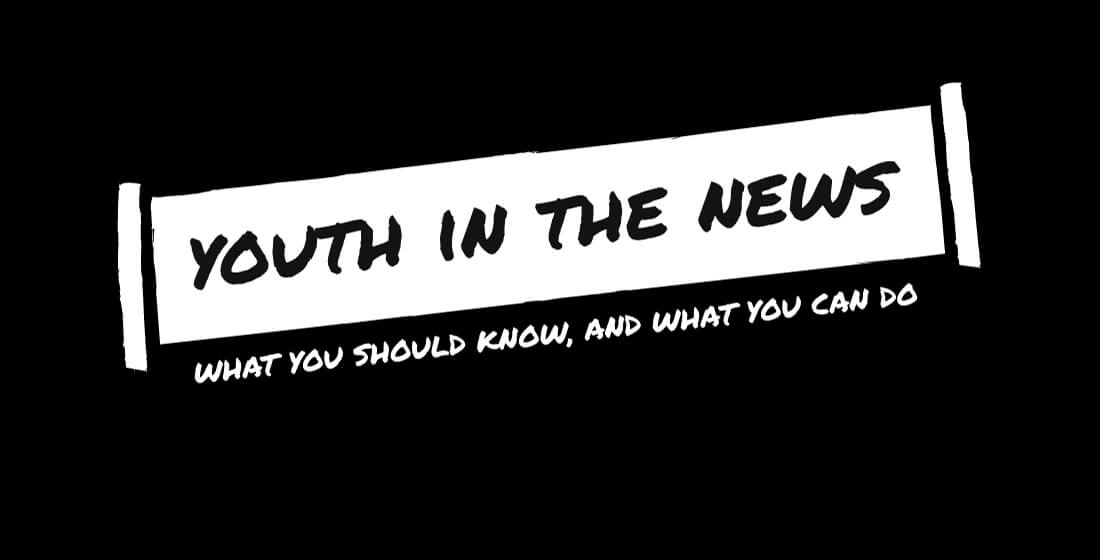Attawapiskat – State of Emergency
A state of emergency has been called in Attawapiskat after an increasing number of young people attempted suicide in the remote Ontario First Nation.
11 First Nations youth attempted suicide in one night on Saturday, April 09, 2016 and since September of 2015, over 100 suicide attempts were made by residents in the community. Mental health is just one of the many issues facing this community – lack of resources, funding and ongoing support for youth programs and youth workers have also been cited as significant challenges the First Nation continues to face.
“When we look at research in the Northwest, we live in an area that is predominantly Indigenous in nature. Indigenous needs are extraordinarily different. The dominant society has a dominant understanding about how research occurs, what it values and believes about processes, what is valid evidence of success or lack thereof and we look at things in a very different way. We have particularly onerous situation in the Northwest – levels of violence, incarceration, and suicide – 50 times higher than the rest of the country. When you talk about Ontario, the voice that is talking comes out of the South, and doesn’t fully appreciate the needs of our youth”.
– Dr. John Hodson, comments from the YouthREX April 07, 2016 webinar on the Beyond Measure? report
Select News Coverage:
ASSEMBLY OF FIRST NATIONS
National Chief Calls for Immediate Action to Deal with State of Emergency in Attawapiskat First Nation
CBC NEWS
Attawapiskat declares state of emergency over spate of suicide
THE GLOBE AND MAIL
Four Things to Help Understand the Suicide Crisis
MACLEANS
The true tragedy of Attawapiskat
Here at YouthREX…
We recently released a report, Beyond Measure? The State of Evaluation and Action in Ontario’s Youth Sector, and hosted a webinar that featured 4 special guests sharing their comments and reflections on our findings and recommendations.
One of the key findings of the report is that the Northern and rural areas of Ontario are especially under-resourced within current funding structures. We encourage you to read the report and to watch the webinar to hear Dr. John Hodson, Director of Maamaawisiiwin Education Research Centre share his frank assessment of the report and the questions we need to collectively ask in order to truly support Aboriginal and First Nations youth wellbeing.
“We have to become more conscious about how our patterns of thought, our epistemologies affect our practices. How they build structures in our society, and then we have to ask ourselves, are these structures effective and do we need to make changes. Whether it is individuals or collectively,the balance of Canada, if we don’t start having a better, deeper conversation about what these structures are and how the patterns of thought create these structures, what we will continue to do is replicate the same failures over and over again from generation to generation and thats not only a non Indigenous reality. It really behooves the researcher, the funder, the program leads to start asking these critical questions. Until researchers and funders start asking these serious questions, especially around Aboriginal evaluation – what it is that drives our decisions, that drives what we value, in the realms of funding, in the realms of research, we aren’t going to make any difference in this country”.
– Dr. John Hodson


